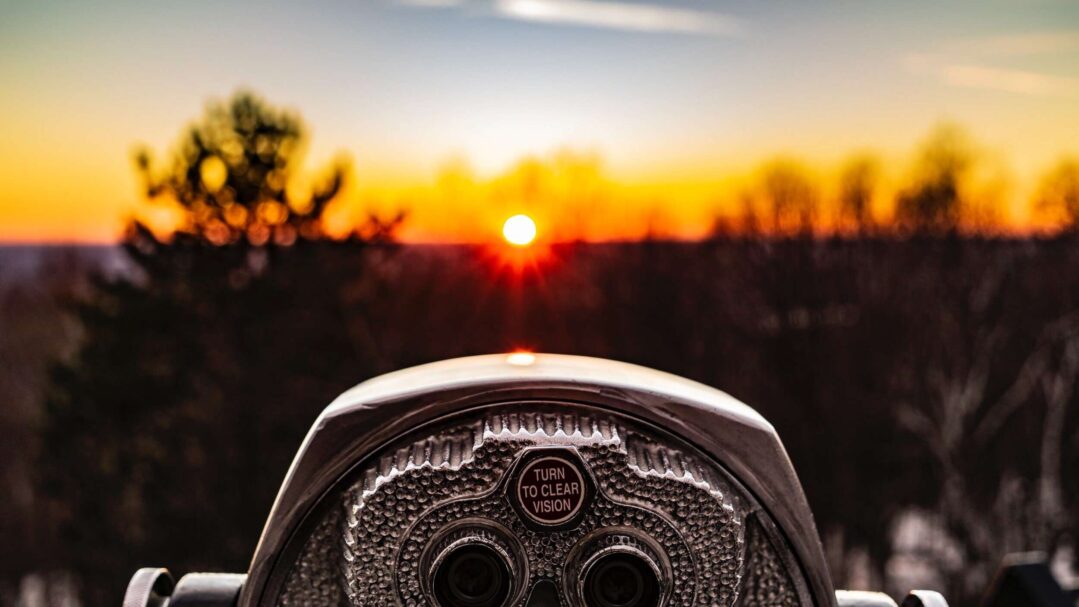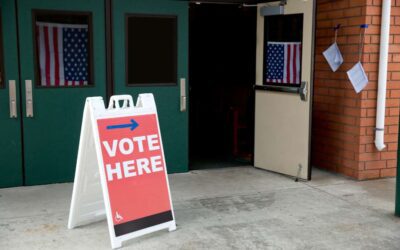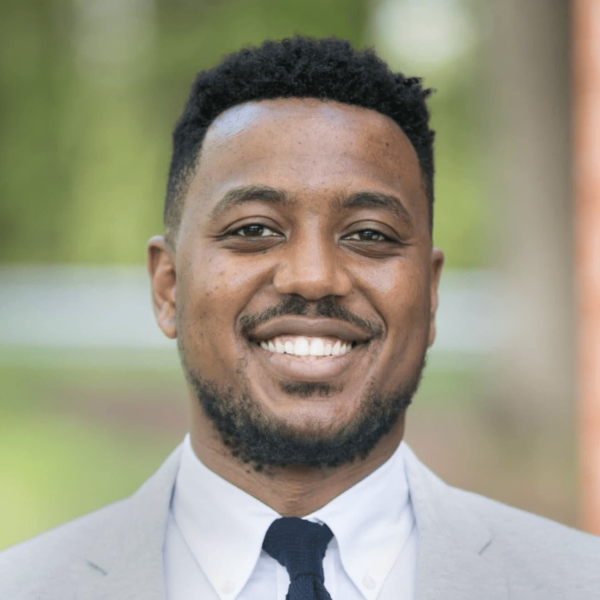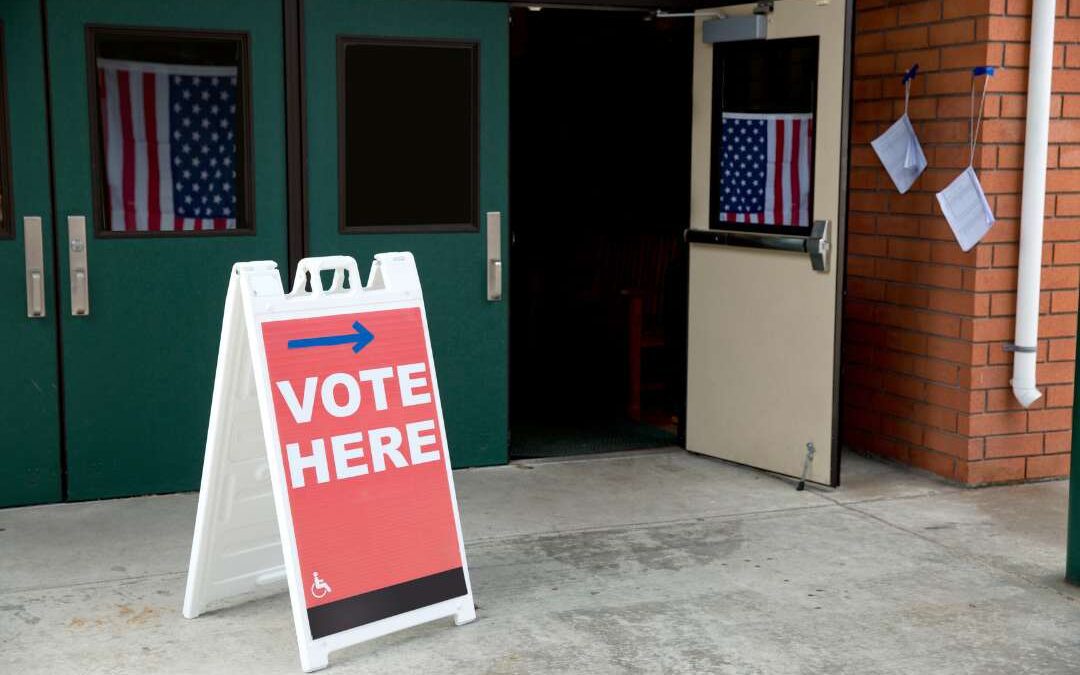What if you could use both of your eyes open for only twenty-eight consecutive days, and then you had to use one eye for the rest of the year? How productive do you think you would be during those twenty-eight days? How productive do you think you would be for the rest of the year?
Black History Month is something like that twenty-eight day period with full vision. As familiar as many people in this country are with American history including its figures, its triumphs, and its tragedies, much of the history we are taught in our schools, through entertainment, and even in many of our churches is a limited version of our nation’s history viewed from a single perspective. Black History Month is an opportunity to expand our knowledge and our perspective of this nation.
Although Black History Month is often treated like a symbol or a specialty night at a restaurant, the opportunity to reflect on the history, presence, and contributions of black Americans is so much more. Knowledge of Black History is knowledge of American history and more than that it’s knowledge of world history. It’s a history that we all need, and a history that affects and shapes us all. Carter G. Woodson, a black author and historian, said this, “What we need is not a history of selected races or nations, but the history of the world void of national bias, race hate, and religious prejudice.(1)” To settle for a particular version of our nation’s history while viewing Black History as an elective or an optional aside is to promote an incomplete idea of America and embrace a distortion of our nation that can lead to an unhealthy idolization of it.
Perhaps Black History Month is in itself a kind of indictment against this unhealthy adulation of this “one-eyed” view of American history. Perhaps it’s also an appeal for inclusiveness, to see our nation with both eyes. Black History acknowledges that in the portrait of every American triumph and tragedy, black people have been present; not simply hidden, but often overlooked, ostracized, and oppressed, calling out our nation’s flaws while also contributing to it’s flourishing. Black people have often witnessed the sin-laden shadow of the nation that proclaimed itself to be a shining city on a hill. For every moment described in one-sided history books, focusing on Black history provides an additional perspective that doesn’t contaminate our nation’s story, but brings contribution and clarity to it.
For every exaltation of the nation’s founders in Independence Hall in 1776, attempting to secure the blessings of liberty for themselves and their posterity only, there were both free black people like Benjamin Banneker, a surveyor and self-taught mathematician, who advocated the securing of those blessings for his posterity(2) as well, and there were also the enslaved and exploited black people who labored unjustly so that their white masters could secure these blessings for themselves. In every era of American history, black people, whether enslaved or free, have demanded from this country, the rights that belong to every human being.
For every innovation and invention during the Reconstruction Era and The Industrial Revolution, black minds like Paul Williams, Lewis Latimer, Madame CJ Walker, Granville T. Woods and many others, contributed much to the fields of engineering, science, business, architecture, and medicine, while living in a nation where their very lives could be destroyed for their intelligence, and simultaneously drowning out all of the pseudo-science, psychology, and theology wielded against their blackness, promoting their inferiority. Black History reveals that in every era, black people have contributed to the betterment of America through their God-given abilities, even when our country has not sought their flourishing.
For every theologically-rich, scripture-saturated, Christ-exalting sermon spoken during the Great Awakening revivals, there were black preachers who proclaimed the gospel of Christ’s liberating both the soul and the slave. For every call to conversion, there were enslaved black people who could distinguish the Christianity preached to them from the “Christianity” practiced against them. There were free black men like Richard Allen and Absalom Jones who refused to sit in racially segregated pews because white churches failed to connect their robust doctrine to holistic practice. Black Americans like Frederick Douglass, just twelve days before the Southern Baptist Convention formally organized in 1845, declared the distinction between the wicked and corrupt slaveholding Christianity of this land and the pure and peaceable Christianity of Christ. It was Ida B. Wells who asked the piercing question in the face of gross lynching’s that often employed Christian symbols, “Why is mob murder permitted by a Christian nation?” Black History reveals that in every era, black Christians have followed Jesus, stood up for righteousness righteously, and held professing white Christians accountable to the faith they often denied in practice.
Black History reveals to us American people committed to the American values of hard work, pursuing liberty and justice for all, while speaking against injustices, and contributing to a country even in the midst of people who would deny them their rights. Black History reveals to us many Christians who were faithful and prophetic in their witness to Jesus in the midst of injustice, oppression, suffering, and death. Black History Month invites us on the road to reconciliation and racial justice by seeing our history clearly through another perspective. Let’s keep our eyes open past February.
- (1) Woodson, C. G. “The Celebration of Negro History Week, 1927.” The Journal of Negro History, vol. 12, no. 2, 1927, pp. 103–109. JSTOR, www.jstor.org/stable/2714049. Accessed 3 Feb. 2021.
- (2) https://web.archive.org/web/20190301160924/http://memory.loc.gov/rbc/rbcmisc/ody/ody0214/0214033v.jpg
Prayer Requests:
- Pray that people would see Black History as world history.
- Pray that we would lament and grieve the injustices experienced in Black History and celebrate the contributions of African-Americans.
- Pray that people would encounter and be encouraged by the works of black Christians in America.











